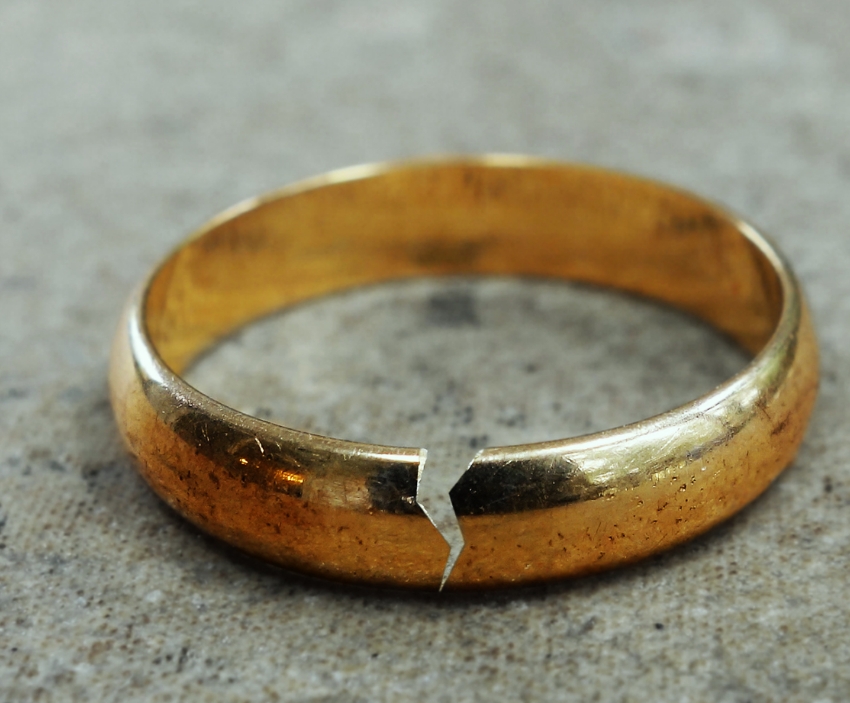Objections to inheritance or wills
The inheritance registry must be contacted to execute a will that a deceased individual has left. When resistance arises, what happens?

When a person passes away and leaves behind a will, the inheritance registry must be contacted to issue an order for the execution of a will. But what happens if suddenly there is opposition from one of the heirs or others? How can one defend himself against opposition to the will?
Suppose one of the parents passes away, The mourning period is over, and it's time to discuss and implement the will. What do we do after we have opened and seen what the parents chose to distribute in their will (assets, copyrights, money, etc.)?
You apply a will enforcement order to the registrar of inheritance. The application is published in the records (daily newspapers such as Yedioth Ahronoth and Israel Hayom) for two months, and this is the period in which, if there were any objections - they might submit their objections to the order for the execution of the will.
Below are some of the reasons for opposing the execution of a will:
- Testator under unfair influence - the opponents can claim that the testator was unfairly influenced while writing the will. For example, one of the brothers influenced one of the parents with such and other tricks, which amounts to unfair influence according to the ruling's tests.
- Incompetent testator - the opponents can argue that the testator was not medically competent or in a normal cognitive state at the time of signing the will, that is, he did not understand the meaning of the will he was writing or signing.
- Allegation of falsification of a will - the opponents can claim that the deceased did not make the will himself.
- Claim that there is a more recent will - as a general rule when there are several wills, the latest one determines. The opponents can claim that the deceased prepared several wills and want to use the most recent one instead of the one submitted.
What happens after the objection?
The opposition to the order to execute the will goes to the court, and the order is frozen until a decision is made. Then begins a legal procedure in which the burden of proof applies to the opponents of the execution of the will.
The opponents now have to prove why the will is invalid, whether it was drawn up illegally and how.
If the opponents claim incompetence, they must petition the court with a request to receive the medical file of the deceased. Usually, the court will appoint a medical expert on its behalf. This expert will determine whether the deceased was/was competent to work when the will was drawn up. Moreover, relevant witnesses are questioned, and each party asserts its claims repeatedly.
The process may take years until a decision is made one way or the other.
How can you prevent receiving objections in advance?
Unfortunately, no will is immune to objections. However, the chance that the objection will be accepted can be significantly reduced when the will is drawn up by an expert and experienced lawyer who knows the ins and outs of the law.
More than once, I was called to court to testify about the wills I made. The testators who trusted me were privileged to receive close and dedicated care that included documentation of writing the will. Since I know the field well, I make sure that in advance - even before signing the will - the testators issue a medical opinion in which it is explicitly stated that they are fit to sign documents.
I know from experience that the court's purpose, when it reaches a decision one way or the other, is to trace the will of the deceased; this is the supreme principle of inheritance law and the fundamental purpose of the court. Whenever I make a will, I document it thoroughly and clearly, so there is no doubt about the will of the deceased or his competence.
This article should not be considered legal advice or a substitute for individual legal advice. If necessary, consult an attorney specializing in family law.




